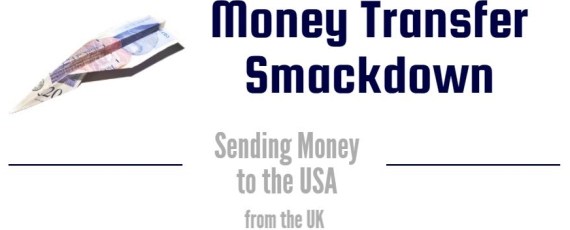
Back in 2009, the global financial tycoon, UBS, made a payment of $780M to the IRS and forever changed the security of Swiss banking by reporting American Citizens with offshore accounts. Since then, additional international banks have come forward with information about American Citizens and Green Card Holders maintaining foreign accounts which had not been reported to the Department of Treasury as mandated by FATCA (Foreign Accounts Tax Compliance Act) regulations. If you have multiple years of unfiled US expat taxes and/or you have held foreign financial accounts in previous years with an aggregate balance over $10K which you have not reported on Form TD F 90-22.1, it’s imperative that you understand the IRS is increasing its measures to identify you and compel you to become current on your taxes and reporting responsibilities.
While the IRS and DOJ (Department of Justice) have been working feverishly to hold international tax evaders and money launderers accountable for their actions, there have been a number of amnesty programs made available for those not in compliance with IRS or FATCA regulations. These programs offer lighter penalties than would be assessed if the IRS had to come knocking at your door, but they generally do not eradicate penalties altogether. The reality is simple, though: Come forward and accept a minimal amount of penalties or wait until the IRS finds you and face maximum financial penalties and the possibility of criminal charges being filed against you.
There have been cases in which delinquent FBAR filers thought they could escape accountability by closing foreign financial accounts, but this couldn’t be further from the truth. If you held foreign financial accounts with an aggregate total of $10K or more, you should have reported all activity on Form TD F 90-22.1 for each year. If you close out the account now but you have never filed Form TD F 90-22.1, you will still be required to report the information for each year the account was open and within the required reporting threshold.
Here are some more important considerations about US filing and reporting obligations…
Report all Worldwide Income
United States Citizens and Green Card Holders are required to report all worldwide income every year no matter where on the globe they are living and working. If you are living in a foreign country, you are required to file an annual US expat tax return. As a US Expat, there are deductions available to you to greatly minimize or eliminate your tax liability, but you have to file a return in order to claim these deductions. Penalties are assessed on late returns, and daily interest is applied to any balance owed to the IRS until the debt is paid in full. Depending on the level of tax evasion and the severity of delinquency, criminal charges may be filed for a prison term of up to 3 years. The statute of limitations is 6 years, but there is no statute of limitations on civil tax fraud.
Report Foreign Financial Accounts
If you have at least $10K worth of foreign financial accounts, you are required to report this information to the Department of Treasury on Form TD F 90-22.1. The $10K threshold is for all accounts combined, and the information must be received no later than June 30. The minimum penalty for failure to comply with FBAR (Foreign Bank Accounts Report) is $10K per year, and you may be charged up to 50% of your foreign financial assets (or $100K – whichever is highest). Additionally, criminal charges may be brought against you and result in a prison sentence of up to 10 years.
New Form 8938
New for 2012 is Form 8938. This form should be filed if you had any accounts in the previous year with a balance of $200K at the end of the year or $300K at any point during the year (for single filers) or $400K at the end of the year or $600K at any point during the year (for joint filers).
Voluntary Disclosure is the Best Option
The best way to clean up the past is by taking advantage of the voluntary disclosure programs that are currently available. By taking advantage of these programs, you will face lower financial penalties and will avoid prison. There are those who choose to conduct a quiet disclosure, but this is not a safe method of getting on the right track. Quiet disclosure is the act of filing back taxes or reporting foreign financial accounts from past years without drawing attention to such actions – hoping the receiving agent will just process the information without taking adverse actions. Quiet disclosures may result in the maximum amount of penalties being assessed and leave you open to criminal charges.
You may be tempted to ignore previous years and just start filing returns and FBARs regularly, but this course of action leaves you wide open to being cast in by the IRS dragnet which has been unleashed internationally. If you try to wait out the statute of limitations, you are risking the most severe penalties.
No matter how bad your tax situation seems, there is still hope. If you are guilty of ignoring your reporting responsibilities as a US Citizen or Green Card Holder and you need help figuring out what to do next, Taxes for Expats can help. We specialize in US expat tax returns, and we can help you get caught up with the IRS and Department of Treasury with minimal penalties.
Filed In:
Contributor:
| I.J. Zemelman, EA is the founder of Taxes for Expats She may be reached at: +1-646-397-2887 Email: questions@taxesforexpats.com Website: www.taxesforexpats.com |



Comments
What accounts are included in